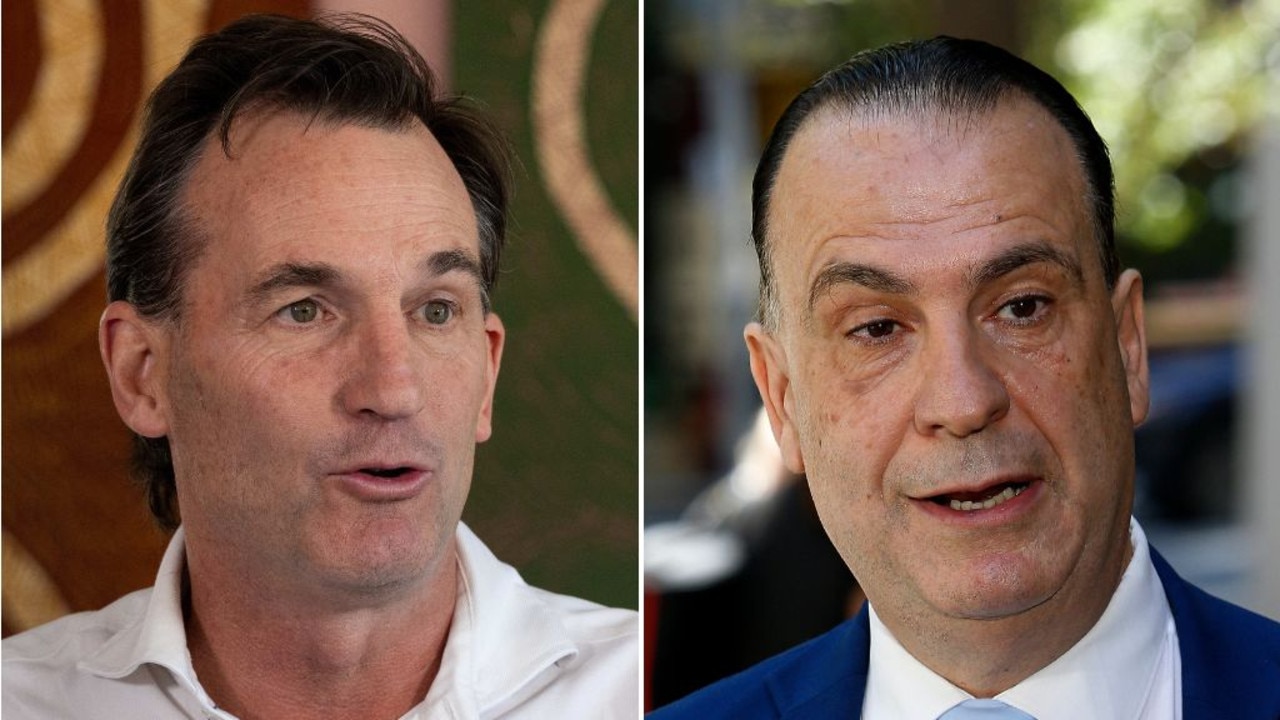Stokes dilemma: how desperate are England to win?
With the Ben Stokes case, we’re about to learn what English cricket really stands for. Winning at all costs?
LiAngelo Ball arrived in China, settled into his luxury suite at Hangzhou’s Hyatt Regency, went shopping at the Hubin International Boutique Compound next door, found a Louis Vuitton store to his liking, found a pair of Louis Vuitton sunglasses even more to his liking and then stole them rather than paying the recommended retail price.
When Ball and two of his teammates, Jalen Hill and Cody Riley, were busted by police for shoplifting, some quality time in the Hangzhou slammer was on the cards until captain America, Donald Trump, intervened by asking China’s President Xi Jinping to let them go home. The request was granted but when they returned to California, they were dreaming if they thought they could go back to shooting hoops for the University of California.
The UCLA Bruins basketball program suspended the lot of them, indefinitely, for bringing the college and the sport of hoops into disrepute. Criminal charges had not been laid but the Bruins wanted to make their own stand. A month after their misdemeanour, they’re still banned. Ball’s high-maintenance father, LaVar, yesterday pulled his son, the most hopeless of his three ball-playing sons, out of UCLA and said the extended suspension was unwarranted. The message from the Bruins was clear: you can close the door on your way out.
Point being, there comes a time when a sporting organisation must decide whether winning is everything or if the franchise is built on principles, standards and 24/7 conduct that defines them more than the results of the players who come and go.
The Bruins decided that Ball and his mates had lost the right to represent a prestigious 98-year-old organisation. Now the England and Wales Cricket Board is approaching the moment it has to decide what (on Earth) to do with Ben Stokes after he allegedly assaulted a man outside a Bristol nightclub, allegedly threw 15 punches in a minute, allegedly left a man with a fractured eye socket and allegedly did more damage to English cricket than Mike Gatting’s reverse sweep at the 1987 World Cup.
The moral stand of the Bruins is being applauded by virtually everyone in the US except Ball’s old man. They’ve racked up a 7-1 win-loss record that has limited the on-court damage anyway.
But it gets comp banished and defeats start racking up. However, there’s already been a glaring example this year of a high-and-mighty sanction backfiring to a spectacular degree.
New Zealand rugby league captain Jesse Bromwich and back-rower Kevin Proctor were caught using cocaine following the Anzac Test loss to Australia in Canberra in May. Coach David Kidwell decided the team’s culture had to come first and announced his two powerhouse forwards would not be chosen for the World Cup. The tournament was starting in another five months. Bromwich went on to win the premiership with Melbourne in a dignified saving of face. Gold Coast-based Proctor would have made the World Cup squad if it was chosen on merit. Kidwell stood his ground, refused to pick them, divided his players, and they suffered a humiliating 28-22 loss to Fiji in the quarter-finals. No one was applauding Kidwell for banning misbehaving players.
The backlashes from NZ media and fans were extreme. New Kiwi captain Adam Blair said that “some high standards” had been set but he was ignored. Winning would have been preferable. The New Zealand Herald’s headline the next day read: “NZ League Hits Rock Bottom”.
Kidwell told Radio Sport: “I know I’ve created something here. We’ve built something here. We want good people here that want to represent this jersey and they know the standards and values when they come in. These boys have shaped these values that we have and I don’t want those values being stripped right down.”
Which was all well and good. But even NZRL chief executive Alex Hayton said the sport in his country had been “damaged” by the poor results.
Therein lies the dilemma for England’s cricket officials. What’s more damaging to England cricket? Allowing Stokes onto the field after a relatively brief absence of two or three Tests, or losing a series 5-0 partly because he is being punished?
What ECB director Andrew Strauss must contend with is that the entire cricketing world, and parts beyond, have seen the video of Stokes. He wasn’t nicking a pair of sunnies.
We’re about to learn what English cricket really stands for. Winning at all costs? If Stokes was a Bruin or a NZ rugby league player, he wouldn’t be representing his country for a while. But if the Poms are desperate enough to rush him in, in the event of no police charges, who could blame them? They are here to win a series. If they send him to Coventry or keep him at Christchurch, who could blame them? They have a 140-year reputation to protect.
One more thing: the assumption that Stokes will be abused by Australian crowds may be inaccurate. The razzing of England villains Stuart Broad, James Anderson and co is somewhat manufactured as part of the theatre of an Ashes series. There’s nothing too offensive about them as individuals apart from the dangers they present as accomplished cricketers. Stokes is in a different realm. He’s allegedly done something so cold-hearted and cruel that it may be difficult for crowds to know how to react to the actual sight of him.
If and when he walks out to bat this summer, spectators will have flashbacks of the video of the brawl in Bristol. It may be shocking enough to have rendered us mute.




To join the conversation, please log in. Don't have an account? Register
Join the conversation, you are commenting as Logout